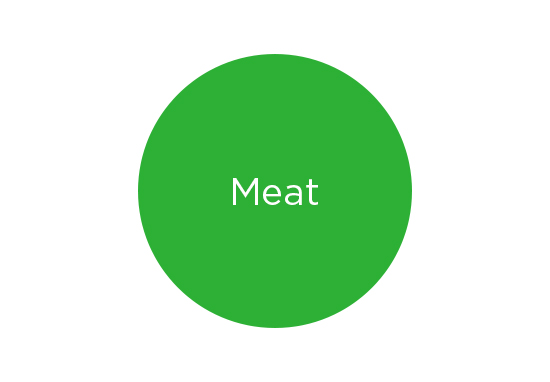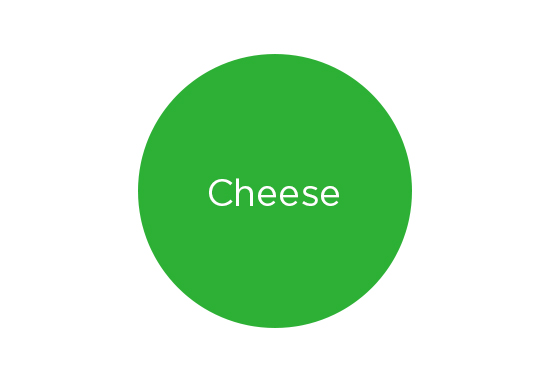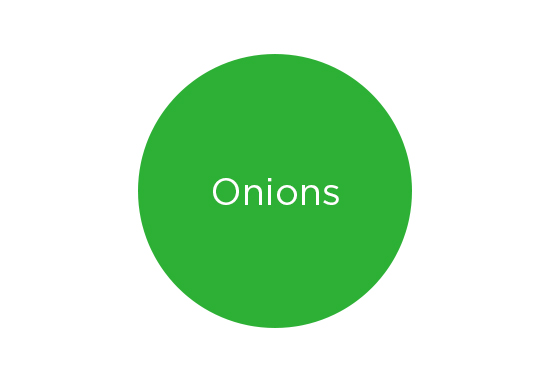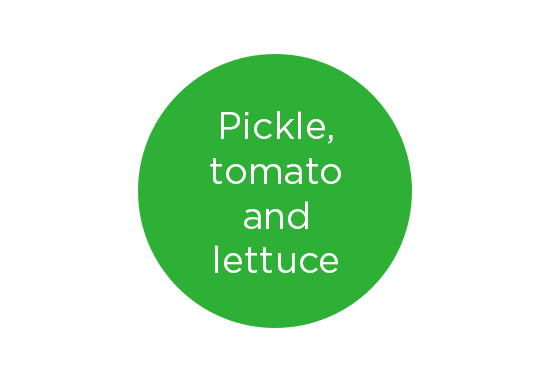It’s springtime, which means that temperatures are rising, flowers are blooming — and it’s time to start grilling. And where better to start than with that venerable backyard favorite, the hamburger?
Unfortunately, while it’s 100% delicious, the classic burger isn’t entirely great for your dental health. But good news: by choosing certain ingredients and avoiding others, you can create a burger that minimizes damage while it maximizes delicious. Let’s break down the good, the bad and the ugly when it comes to a smile-friendly burger.














